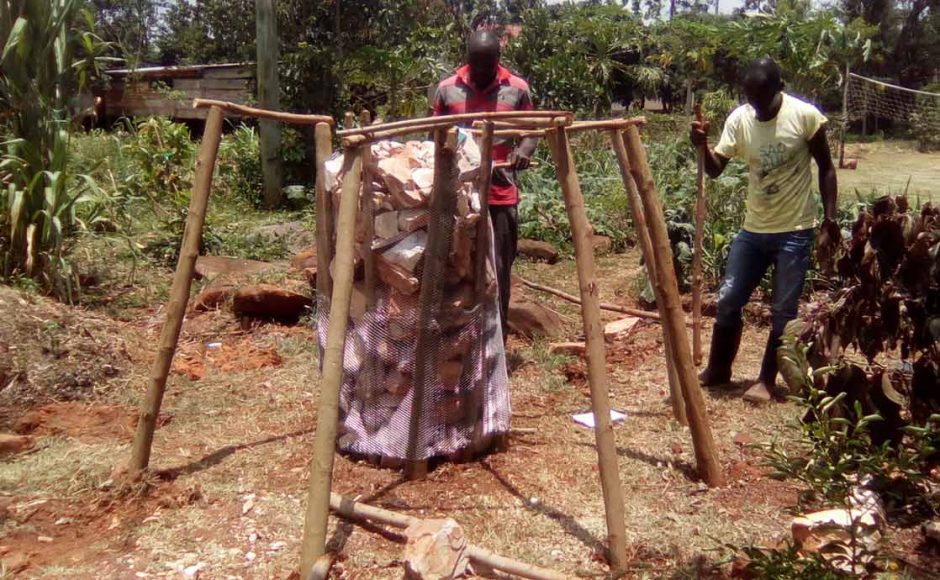Migration is an age-old phenomenon, driven by myriad factors including economic opportunity, political instability, and environmental challenges. Increasingly, agricultural policies have emerged as pivotal instruments in addressing the underlying drivers of migration. The interconnectivity between agriculture, food security, and migration is profound—a reflection of systemic inequities and unsustainable practices. This discourse seeks to elucidate how Bahá’í teachings advocate for effective agricultural policies as a means to alleviate the systemic challenges faced by migratory populations.
The Bahá’í faith emphasizes the principle of the oneness of humanity, which inherently necessitates a comprehensive understanding of global socio-economic dynamics. Within this context, agricultural policies must be informed by a commitment to justice and equity. It is vital for policymakers to recognize that agricultural practices do not exist in a vacuum; they are deeply intertwined with the socio-economic fabric of communities. Thus, investments in sustainable agriculture not only enhance food security but also mitigate the factors that compel individuals to migrate.
Firstly, it is crucial to appreciate the economic imperatives driving migration. Many individuals and families migrate in search of better livelihoods, often fleeing from agricultural crises precipitated by climate change, land degradation, and socio-political challenges. Effective agricultural policies can provide a framework for economic stability within rural areas, thereby reducing the exodus of populations in pursuit of opportunities elsewhere. This could entail the implementation of adaptive agricultural practices that bolster resilience against climate change, enabling farmers to maintain productivity despite adverse conditions.
Furthermore, the Bahá’í teachings advocate for the equitable distribution of resources, underscoring the importance of empowering marginalized communities, particularly those directly engaged in agriculture. Agricultural policies must prioritize investments in education and technical training for farmers, facilitating their access to innovative practices and technologies. Enhanced capacity-building initiatives can enable individuals to enhance productivity and sustainability in their farming endeavors, thereby cultivating a sense of agency that deters migration out of necessity.
The promotion of localized food systems is another crucial aspect of effective agricultural policies. The Bahá’í perspective encourages the cultivation of self-sufficiency within communities, advocating for policies that support local agrarian economies. By fostering local production and consumption, agricultural policies can reduce dependency on global supply chains that are often fragile and susceptible to disruptions. Additionally, encouraging the consumption of locally produced goods ensures that the economic benefits of agriculture remain within the community, generating jobs and bolstering local economies.
Moreover, it is imperative to acknowledge the socio-cultural dimensions of migration. Communities possess unique cultural identities that are often intimately tied to their agricultural practices. Bahá’í teachings espouse the enrichment of cultural diversity as a fundamental aspect of human development. Agricultural policies that promote indigenous practices and traditional knowledge systems can create a sense of belonging and pride, reducing the allure of migration for economic reasons. Much can be gained from a holistic approach that integrates cultural sustainability into agricultural planning, empowering communities to sustain their heritage while simultaneously securing their livelihoods.
Additionally, global agricultural policies must consider the interconnected nature of migration and development. There is a growing recognition among international policymakers that sustainable development goals (SDGs) cannot be achieved without addressing the drivers of migration. The Bahá’í teachings emphasize the importance of collective responsibility in promoting global wellbeing, which includes fostering a more equitable agricultural system. Policies must align with SDGs that advocate for zero hunger and sustainable communities to ensure that agriculture remains a viable livelihood option within regions experiencing high levels of migration.
Moreover, agricultural policies must adopt a multidisciplinary approach, engaging other sectors, such as health, education, and environmental stewardship. The comprehensive nature of the Bahá’í teachings underscores the importance of collaboration across various domains. For instance, ensuring access to healthcare for agricultural workers and their families can enhance overall community health, subsequently supporting agricultural productivity. Educational opportunities can equip future generations with the skills necessary to thrive in evolving agricultural landscapes, reducing the cycle of migration motivated by a lack of prospects.
Governmental and non-governmental organizations play a critical role in formulating and executing agricultural policies that reflect Bahá’í principles. Stakeholders must engage in participatory governance, incorporating the voices of those affected by migration and agricultural policies. This inclusive approach ensures that policies are not only representative but also responsive to the needs of the community. Such deliberative processes can foster trust, enhancing community engagement and ownership of local agricultural initiatives.
In conclusion, the Bahá’í teachings offer a holistic framework for understanding the nexus between agricultural policies and migration. By prioritizing social equity, promoting localized economies, and fostering a sense of community, these policies can serve as a robust mechanism for addressing the nuanced drivers of migration. As the intricacies of globalization continue to evolve, integrating the core values articulated within the Bahá’í faith will be instrumental in creating sustainable solutions that benefit both present and future generations. Ultimately, addressing the drivers of migration through thoughtful and inclusive agricultural policies stands as a testament to the potential of collective human endeavor in fostering global prosperity.
